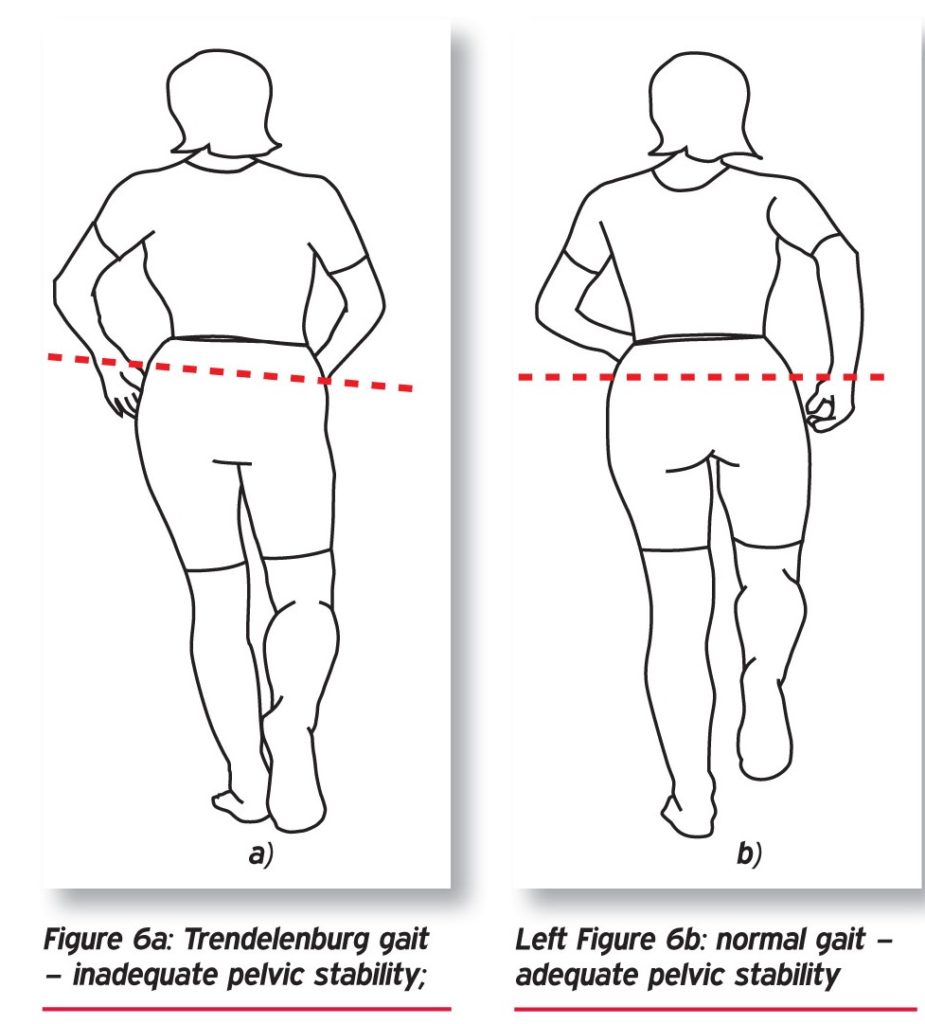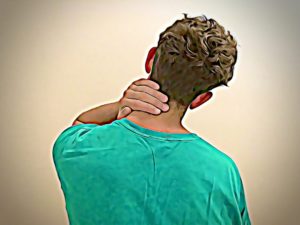One of the common clinical presentations we see in people who have recently undergone a total knee replacement is a limp on the affected leg. This can be due to muscle weakness, ongoing functional difficulties, pain or a residual sub-conscious lack of “trust” in the knee that has been replaced due to the altered sensations around the knee post-operatively. It is regularly reported to us that an area of numbness exists on the outer side of the knee, which is often due to the nerve travelling across the front of the knee being cut during surgery. This, in conjunction with your walking pattern prior to your surgery, may have a big impact on how your walking pattern alters after surgery.
In our previous blog about what to expect in the early stages post total knee replacement, we discussed the need for adequate pain control and early movement to ensure optimal and timely recovery. Even with the best early management of your new knee, it is likely that there will be a period of readjustment as you wean off your crutches and learn to walk symmetrically again on your new knee. If there was a large “bow-leg” or “knock-knee” deformity prior to surgery, your newly aligned knee may take a bit of getting used to. Additionally, there may be strength/weakness issues in the muscles surrounding the knee and hips and in particular, the muscles that maintain your hip level as you step the opposite leg forwards (hip abductors).
It has been found previously that weakness in the quadriceps and hip abductors can last well beyond 3 years after total knee replacement. A recent study of 105 inpatients who had just undergone a total knee replacement looked at whether specific strengthening of the hip abductors in addition to a general rehabilitation program would help in improving muscle strength, functional performance and patient-reported outcomes.
Through the study, the experimental group and the control group both received 12 days of twice-daily inpatient physiotherapy, then 6 weeks of one session per week as an outpatient. In these sessions, the participants completed exercises targeted at improving quadriceps, hamstring and calf strength, increasing knee range of motion and improving walking and stair climbing ability. The experimental group had an additional set of exercises designed to specifically target strengthening the hip abductor muscles, where the control group were given additional general functional exercises for the same time duration.
The outcomes of this study revealed all participants demonstrated improvements in general lower leg and hip abductor strength and functional outcome measures, but there were no statistical differences between the experimental or control groups.
Clinically, we see that a wholistic approach to post-operative recovery is vitally important. In treating people following total knee replacements, we not only work on a strengthening program similar to the ones in this study, we also work on the psychosocial aspects of injury recovery. We acknowledge that your recovery will not only work on improving physical strength, range of motion and endurance, but will require you to undo a number of pre-operative movement patterns and behaviours that you may or may not even know existed. Ideally, this is why we love to see people prior to their knee surgery to ensure we have a clear plan in place as soon as you are discharged from the hospital, and you know what to expect at each and every stage of your recovery.
If 2020 is the year for you to get your knees or hips replaced, make sure you contact us to make an appointment to ensure your outcomes are the best they can be.





